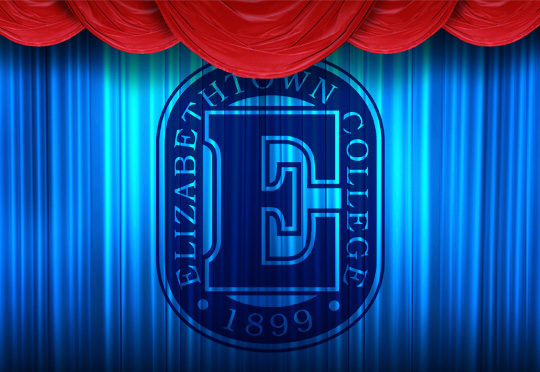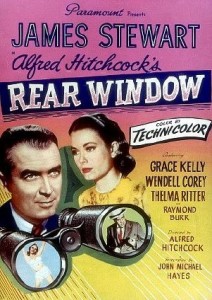Elizabethtown students can now minor in film studies. The interdisciplinary minor is listed in the 2013-2014 College Catalog, and the first course will be available in the spring semester. Dr. Michael Silberstein, professor of philosophy, said he’s been discussing the idea for years, and students from various areas of study had been asking about the possibility of a minor of this nature.
Dr. Colin Helb, assistant professor of communications, is excited about the new minor and the opportunity to offer a cultural studies course at Elizabethtown. His doctoral emphasis was in film studies and, while at Bowling Green (Ohio) University, he taught several media studies-related courses. Helb was interested in developing similar courses at E-town, so he was delighted to find out that Silberstein was writing a proposal for a film studies minor.
“The No. 1 benefit is the fact that [film studies] is grounded in critical thinking,” explained Helb. “This is a look at the stuff we consume every day, on a critical level.”
The minor not only looks at film as an art form—looking at the cinematography and screenwriting—it also examines these works as cultural artifacts.
“What majors will benefit from film studies? Every major!” said Helb, noting that he expects big interest in the film studies minor.
“What majors will benefit from film studies? Every major!” — Dr. Colin Helb
A film could be interpreted in many ways, depending upon the context in which it’s being studied. Film Studies is interdisciplinary, meaning it draws its courses from course areas: anthropology, literature, psychology, fine arts, theology and political science, to name a few. Silberstein adds that the core disciplines are English, communications and philosophy.
“Films, even the same films, can be put to so many different uses and analyzed with so many different theories, interpretations and purposes in mind. I pitch ‘Rear Window’ as a film about film and the potential consequences of being a culture of obsessed film watchers—a mass culture of voyeurism, if you will. But the very same film has been interpreted in many other ways,” said Silberstein. “Different disciplines also tend to treat film differently. Colin and Jesse [Waters, assistant professor of English] and I could teach the same film, and you would get three different takes on it.”
The Details:
To earn the minor, students must complete 20 credits, including two required courses: Introduction to Cinema and a film studies capstone course. The remaining 12 credits can be earned from a variety of electives from across academic departments, including “Theology Through Film”, “Politics Through Film and Literature” and “From Anime to Zen: Japanese Society, Business and Culture”.
Typically, “Introduction to Cinema” will be offered each fall semester; however, for its first academic year, it will be offered in the spring because Helb is on sabbatical this fall.
For more information, visit the Film Studies Minor page in the online College Catalog.


